Overview
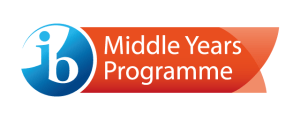
Our Middle School implements the International Baccalaureate Middle Years Programme (IBMYP) as our curriculum framework that supports all students to develop as active learners, global citizens and international minded individuals. Through our inquiry based, constructivist curriculum framework we consistently aim for learning to be significant, relevant, meaningful and challenging.
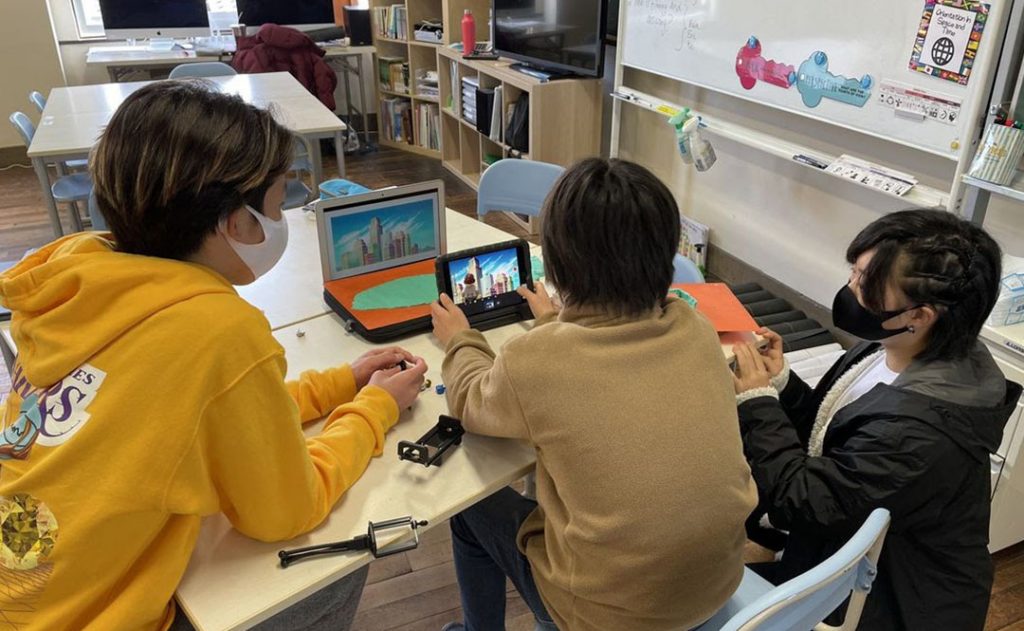
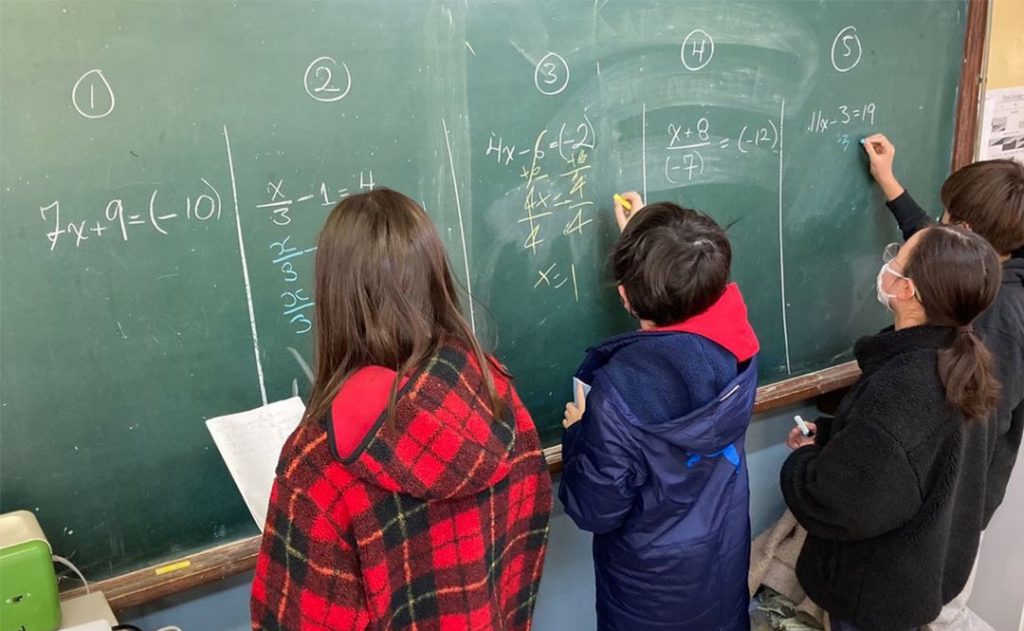
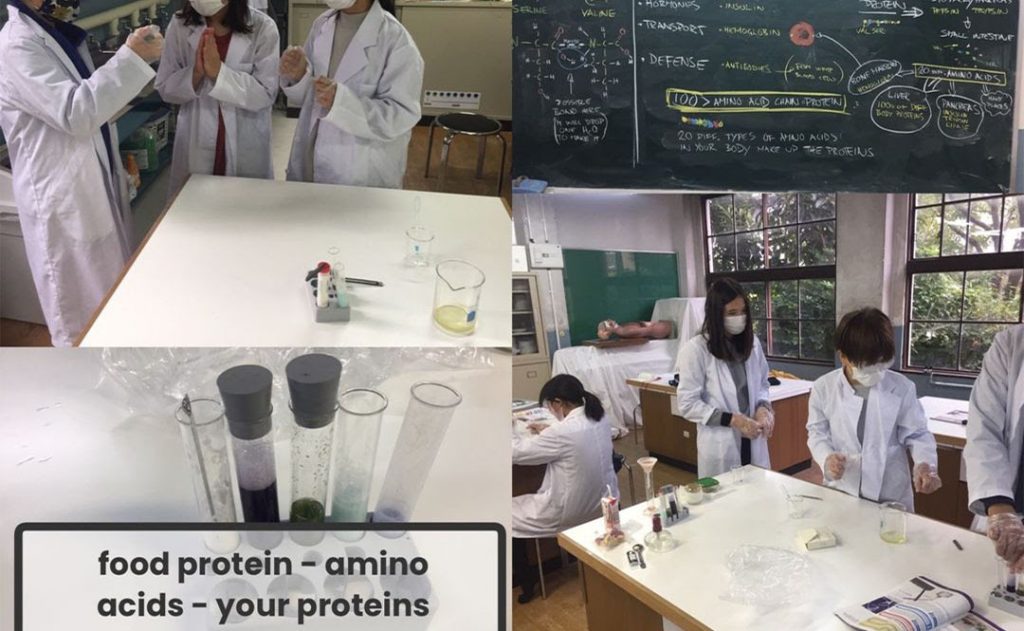
Curriculum
The curriculum is comprised of eight subject groups that focus on development of conceptual understanding and interdisciplinary learning that prepares students for success in further studies and in life. Students can choose to study Language Acquisition Japanese or Language and Literature Japanese.
| Sciences | Scientific inquiry fosters critical and creative thinking about research and design, as well as the identification of assumptions and alternative explanations. Through sciences, students will learn to appreciate and respect the ideas of others, gain good ethical-reasoning skills and further develop their sense of responsibility as members of local and global communities. |
| Mathematics | The Mathematics course encompasses number, algebra, geometry and trigonometry, statistics and probability. It promotes both inquiry and application, helping students to develop problem solving techniques that transcend the discipline and that are useful in the world beyond school. |
| Physical and health education | The Physical and health education course fosters the development of knowledge, skills and attitudes that will contribute to a student’s balanced and healthy lifestyle. Through opportunities for active learning, the course embodies and promotes the holistic nature of well-being. |
| Language and Literature: English and Japanese | Students interact with a range of literary and non-literary texts that generate insight into moral, social, economic, political, cultural and environmental domains. They develop their abilities to form opinions, make decisions, and reason ethically through inquiries within the six domains of listening, speaking, reading, writing, viewing and presenting. |
| Language Acquisition: Japanese | The Language Acquisition course provides students with the opportunity to develop insights into the features, processes and craft of language. Students explore the concept of culture, and to realize that there are diverse ways of living, viewing and behaving in the world. |
| Individuals and Societies | Students collect, describe and analyse data used in studies of societies, test hypotheses, and learn how to interpret complex information, including original source material. The Individuals and Societies course inquires into historical, contemporary, geographical, political, social, economic, religious, technological and cultural factors that have an impact on individuals, societies and environments. |
| Design | In Design students apply practical and creative thinking skills to solve design problems, explore the role of design in historical and contemporary contexts, and consider their responsibilities when making design decisions and taking action. The course combines digital and product design. |
| The Arts | Visual Art and Music are offered to stimulate young imaginations, challenge perceptions and develop creative and analytical skills. Students develop these skills through creating, performing and presenting arts in ways that engage and convey feelings, experiences and ideas. Both courses encourage students to understand the arts in context and the cultural histories of artworks, supporting the development of an inquiring and empathetic world view. |
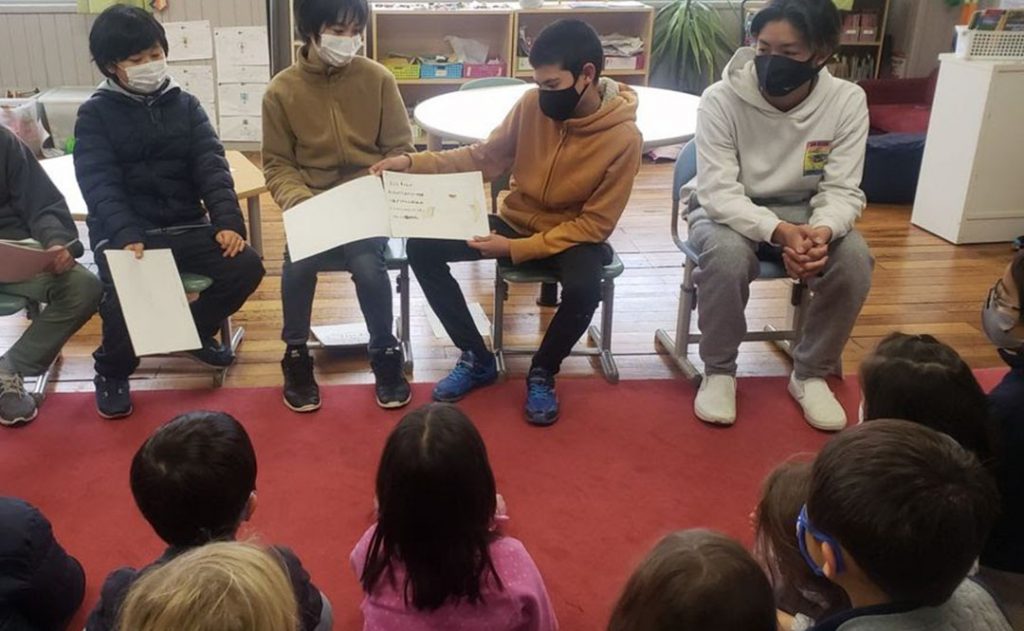
to Grade One students
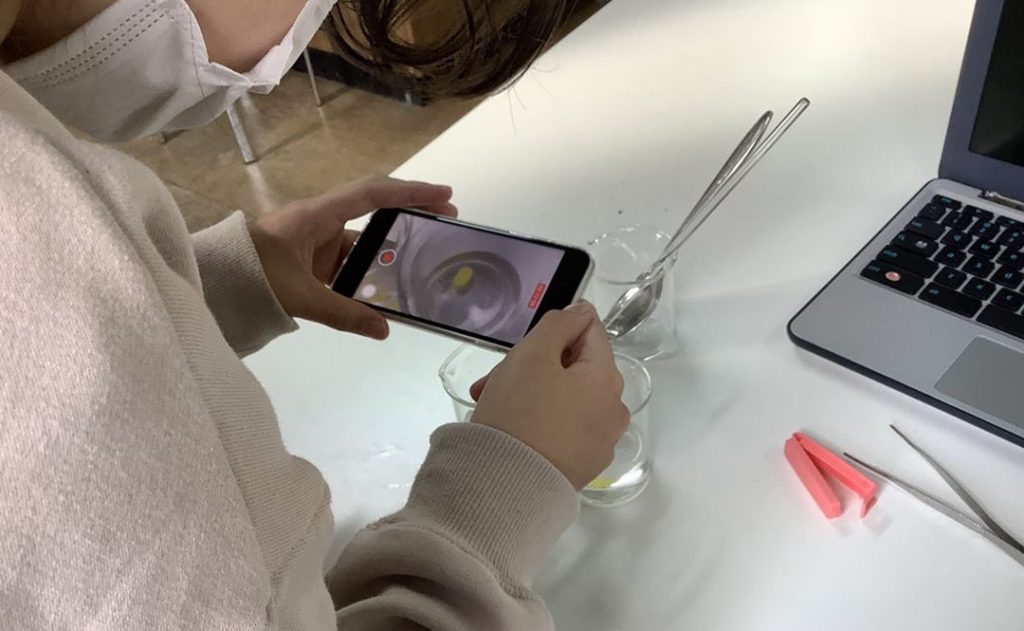
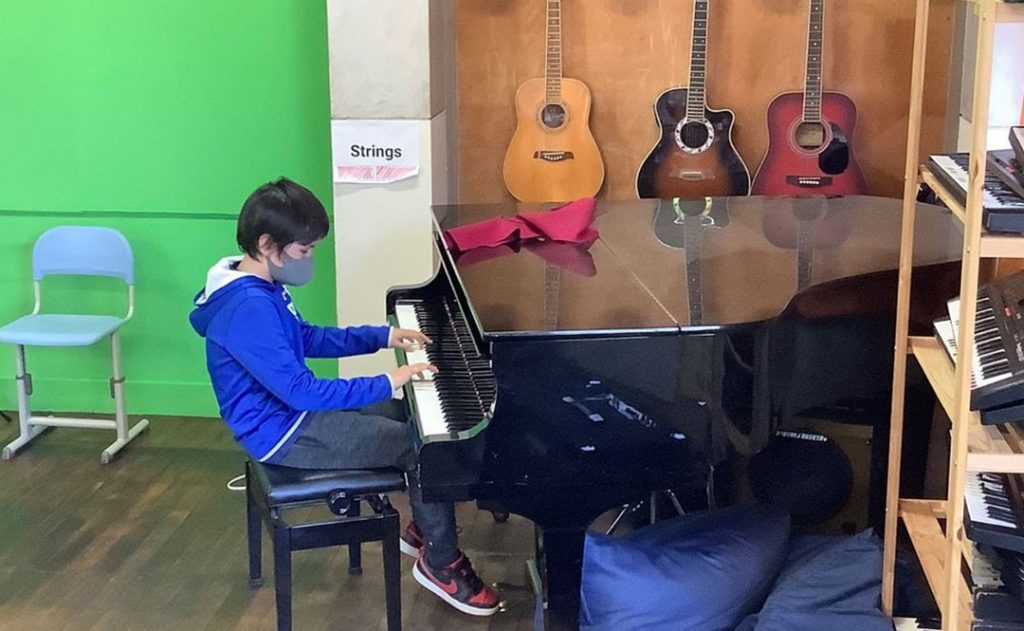
Example Language and Literature Curriculum:
| Unit 1 | Unit 2 | Unit 3 | Unit 4 | |
| Title | Biographies | Travel Writing | Myths and Legends | The Human Condition |
| Statement of inquiry | Through genre and audience imperatives, communication can shape beliefs and values. | Language and structure is used to influence audiences’ thinking and perspectives. | Stories express culture, traditions and personal and community histories. | Historical contexts shape literature for a purpose. |
| Global context | Identities and Relationships | Orientation in Space and Time | Personal and Cultural Expression | Fairness and Development |
| Key Concept | Communication | Perspective | Culture | Connections |
| Inquiry questions | Factual:What is genre? What are audience imperatives?Conceptual:How are values and beliefs of people formed?Debatable:Can the values and beliefs of a person be fully communicated? | Factual:What techniques do writers use in travel blogs?Conceptual: How do writers effectively communicate for a purpose?Debatable:Can language truly persuade audiences? | Factual:What is the difference between a myth and a legend? What is culture? Conceptual: How are belief systems connected to myths and legends?Debatable:Are myths and legends important? |
Factual:What are the linguistic features of realistic fiction?Conceptual: What does it mean to be human?Debatable:Is literature influenced by context? |
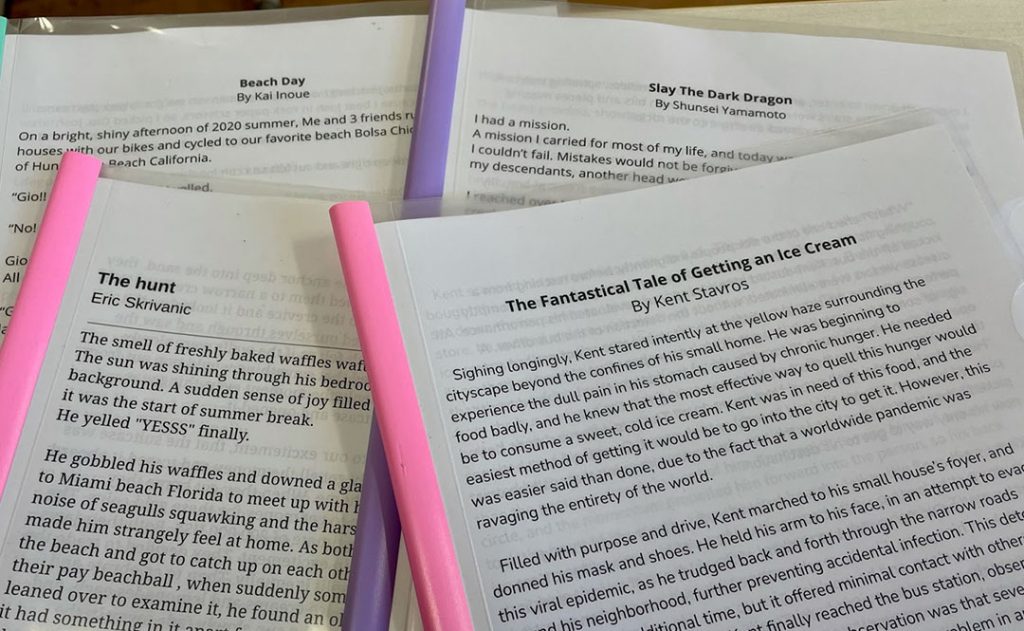


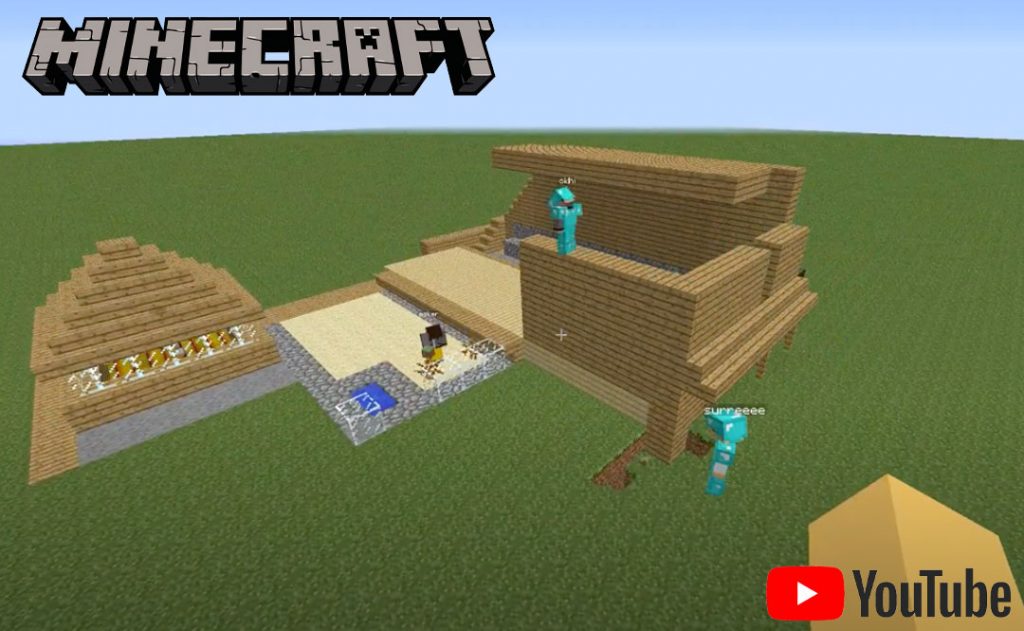
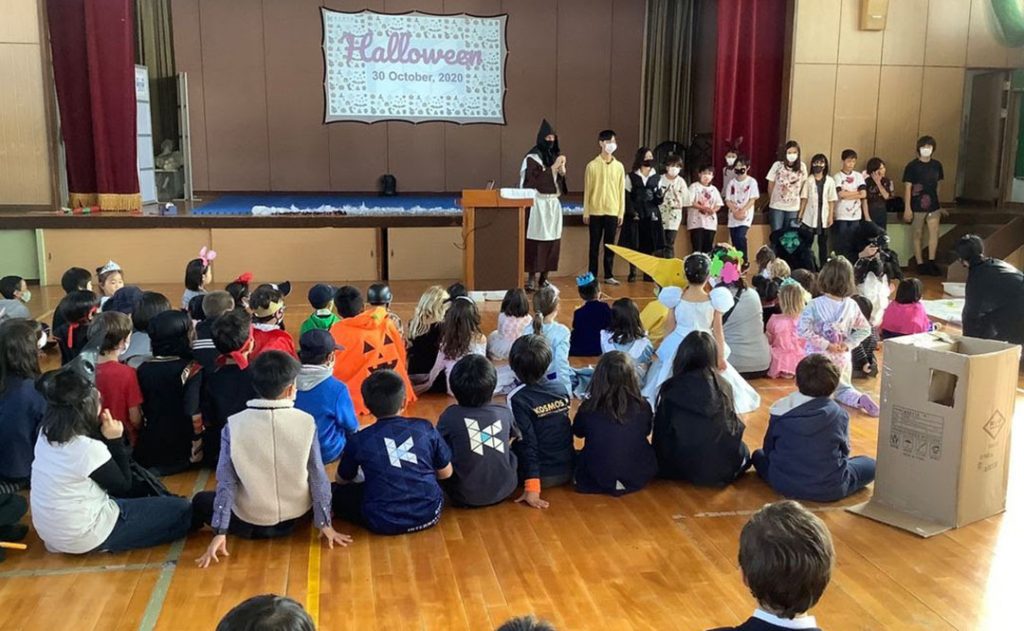
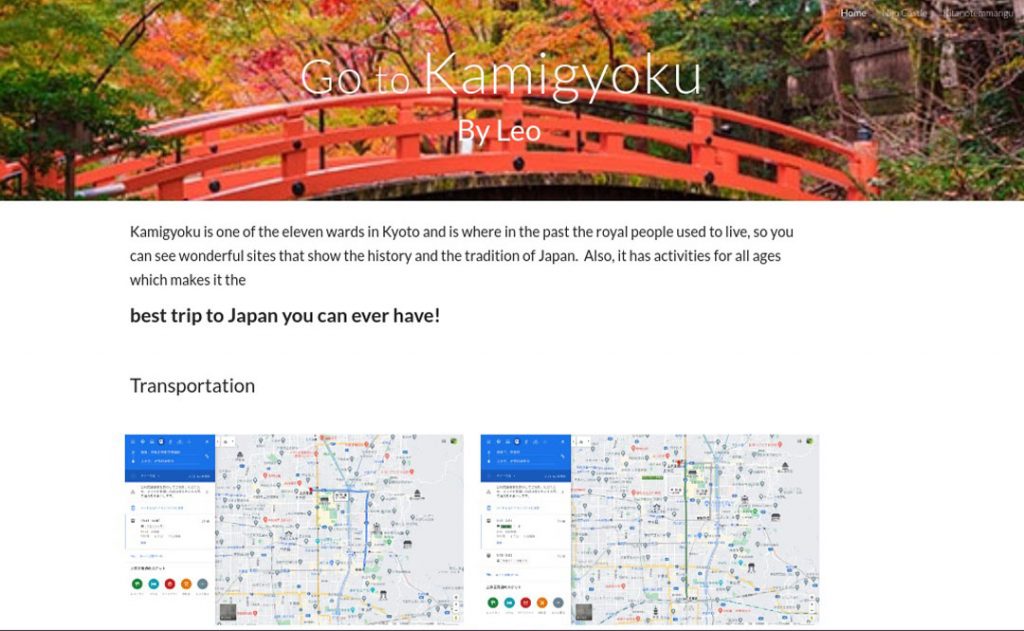
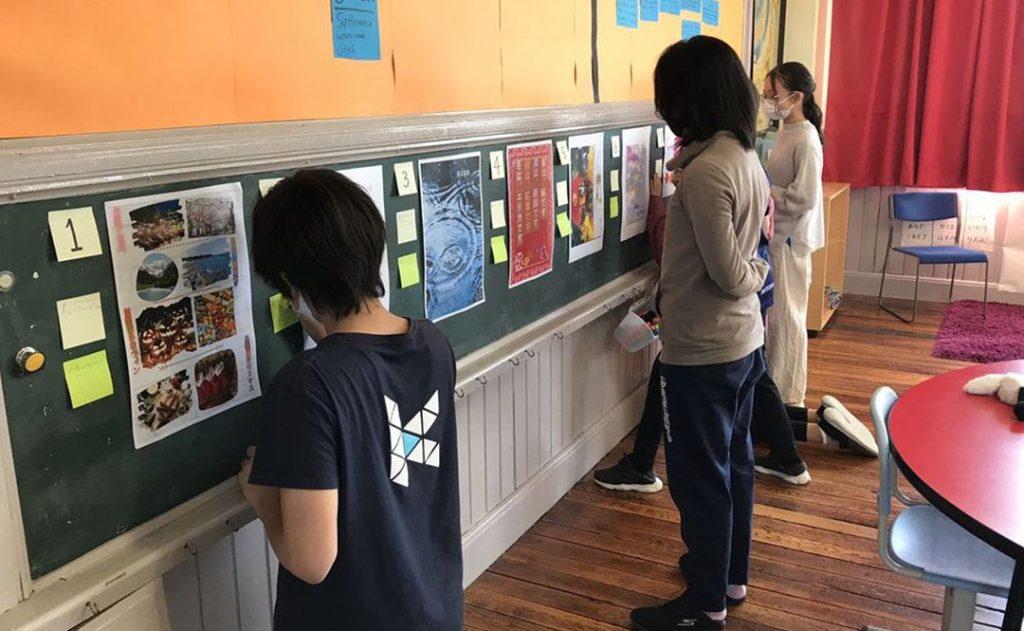
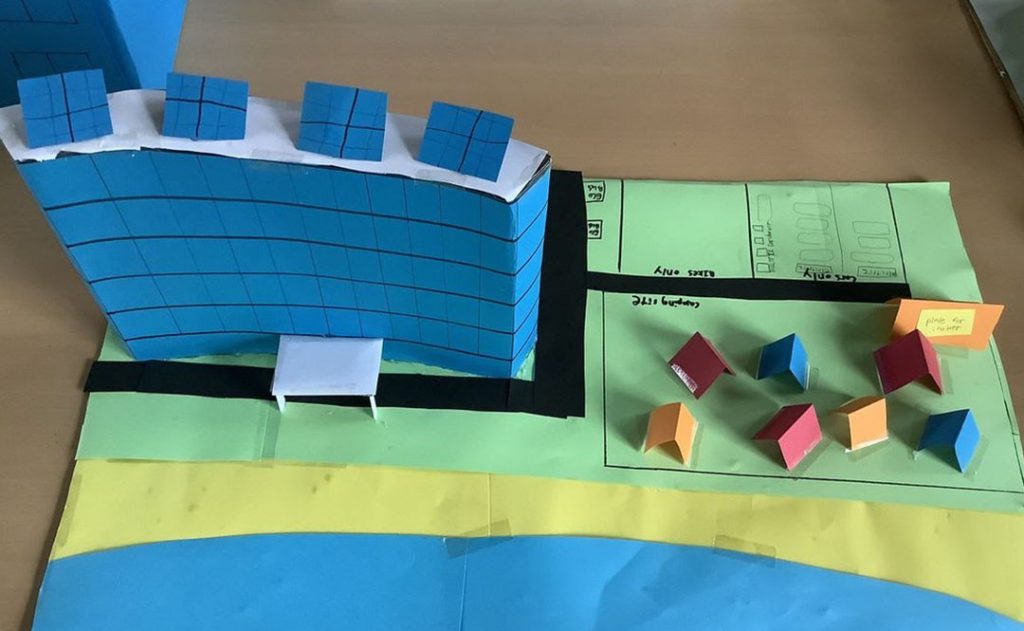
Approaches to Learning and the Learner Profile
The Approaches to Learning and Learner Profile are a consistent part of teaching and learning at Kyoto International School from the PYP into the MYP. The Approaches to Learning grow five core skill areas: thinking skills, self-management skills, social skills, research skills and communication skills. The Learner Profile are ten attributes of human beings that enable students to become responsible members of local, national and global communities. Through development of these skills and attributes, students are able to become lifelong learners who can flourish anywhere in the world.
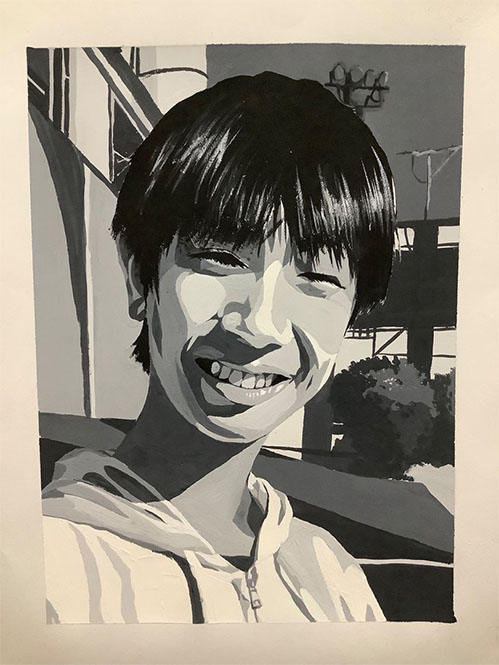
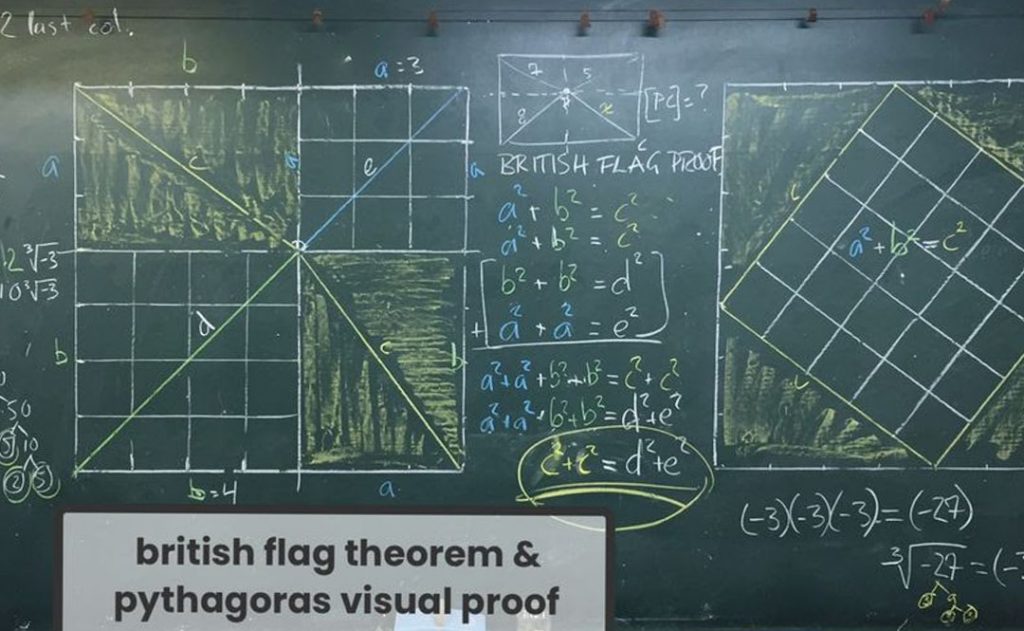
Exploring pythagoras theorem in Mathematics
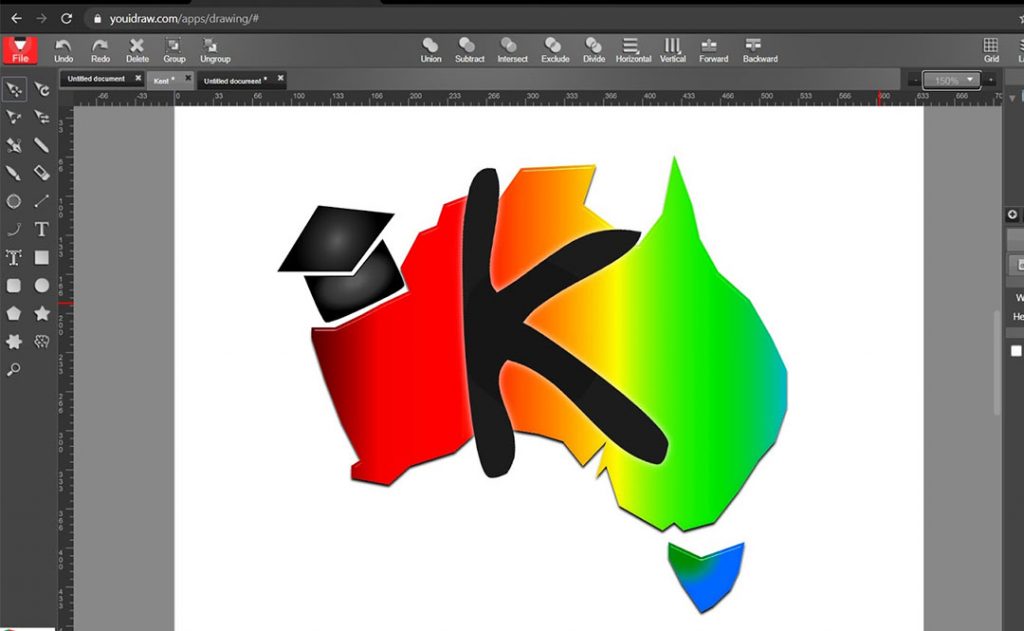

School Curriculum
Our learning expectations for MYP level and subject area.
Apply Now
Information about our application process.